Why is your data worthwhile?
User data is what companies want, organizations want, government wants or even some individuals want, and indeed user data is worth it.This kind of 'property' is sometimes traded even publicly and sneakily as a sight-seeing item.However, we - ordinary Internet users cannot know exactly what user data includes, where it goes, and how to make a profit for those who collect it.Why this multi-billion dollar industry can survive and create dozens of related industries such as data brokers, advertisers and technology companies that specialize in data statistics and evaluation. user?Let's find out later.
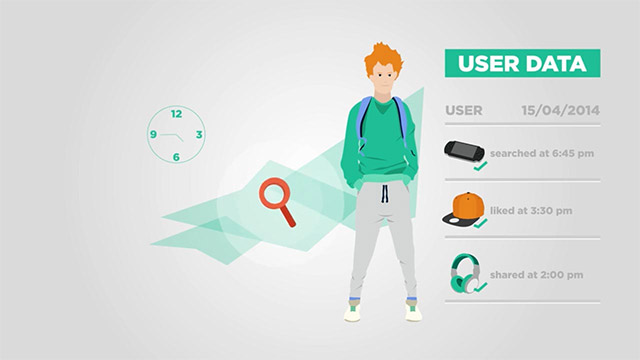
What is in the user data?
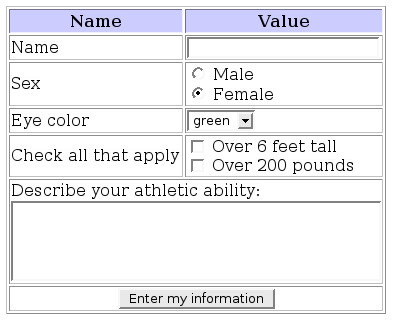
User data includes a lot of information through which a particular company or individual or organization can know about you and use that information for certain purposes.User data is usually divided into three main categories: Clear / declared data, default / deductive data, and third-party data.Specifically:
Clear data / Explicit data is any information that users provide voluntarily.In general, this is done when the customer registers the service or creates a certain type of profile, and it may include all basic information from the user's name (although often anonymous), age. Working, location to their interests and personalities.Information of this type is only basic user data, and since they are so popular and easy to obtain, their value will not be too high.
Implicit data is data that is collected without users providing it directly.Some types of implicit data can include your browsing habits, the time you stay on a website, the ads you clicked on, your mouse movements, your playlists . Close As all activities you perform online theoretically can be collected and sent to database centers for analysis and evaluation.
Default data is also often mixed with inferred data, created by analyzing a profile and making predictions about the specific user it represents.For example, by looking at the information given by a profile, an algorithm can decide whether you are the right audience for a particular type of ad.
However, when collecting and analyzing, your data will not stop there - it can be 'exchanged' between companies that specialize in finding, updating and selling data. Users for other companies need them.Third-party data is any information collected by an entity that has no direct relationship with the user or the data being collected.Typically, third-party data is created on different websites and platforms and then aggregated by third-party data providers such as DMP.By aggregating data from many different websites, DMP can create comprehensive audience profiles.These profiles contain user interaction and behavioral information on the web, which is then used to categorize users by specific segments, such as dog lovers or sports fans.Data providers then sell these anonymous, aggregated data to advertisers to facilitate targeted ad purchases, allowing advertisers to target and adjust ads. to effectively attract those specific objects.These third-party data brokerage companies and data exchange centers are the main factors that help the data industry grow to billions of dollars each year.
How are user data used?
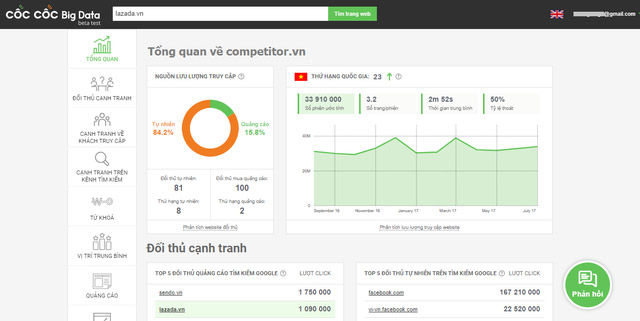
In fact, the user data collection phrase often reminds us of unrealistic associations, but modern companies really won't exist without it.At a minimum, they must analyze user behavior to keep up with market trends and find consumer preferences.In addition, if they can accurately analyze user data, they can also earn more from advertising, and this source of income will help companies survive without having to sell any translation. any service for users.This is a very smart and effective method of earning profit.
Profit from advertising models that basically run on modern Internet is probably the biggest motivation behind the development of the user data market.Using user data for advertising purposes is also the biggest factor behind the development of this industry.Finding a way to determine who is using your site, looking up their advertising profile and giving them relevant ads is far more effective than just randomly generating ads. The report has general content that anyone can see and flip through.Well-targeted ads help make real money, and it is worth it for the trouble that might arise when a company conducts user data collection.Not surprisingly, companies can earn a lot of money in relation to advertising to the right audience, but that also means there is no shortage of data violations and privacy issues. around this industry.
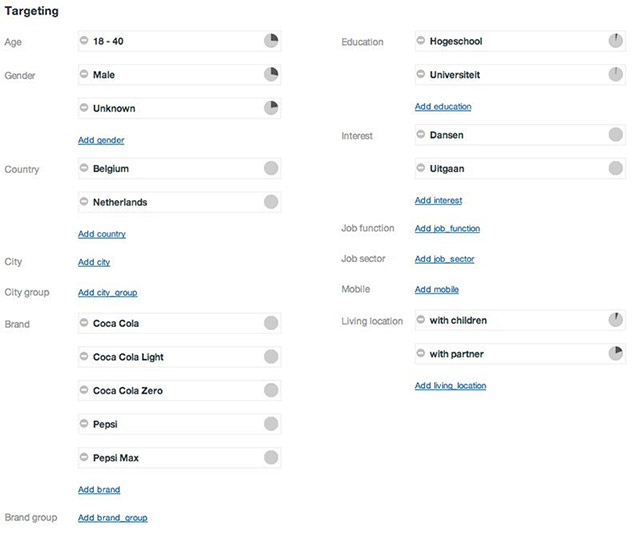
But collecting user data is not always just to make money advertising or serving bad purposes.Sometimes invasion of privacy can also be beneficial.For example, when you use a smartphone.Collecting user data will be very useful for companies to study the market, try to comply with regulations or work to improve their products.Many companies will keep user information confidential and take appropriate precautions to ensure that they are able to protect users' privacy, which is particularly important.
How valuable is the user data?
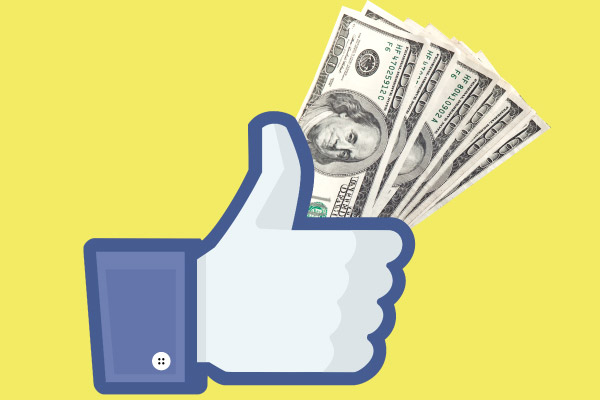
As mentioned, user data will be most valuable when used for the purpose of running ads.Advertisers will pay for sites when their ads run on the space of that site, and if the site works effectively, there are many visits, advertisers will pay more. .
This also means that personal data from different users will have different values.Of course, the personal data of a successful businessman would have to be much more valuable than that of a student who still lives on the 'subsidy' of the family.There will be no real estate business paying for in exchange for student data, what they need is the information of the other businessman - who will be more likely to become their customers.
How much is your data worth?This turned out to be a very subjective calculation, and even more difficult when you consider data transactions on the black market.Depending on your demographics and the data sources you own, your data can be purchased and sold for between several cents and hundreds of dollars each year.The 'data value calculation' tool from Financial Times will give you a pretty good idea of what affects the value of your personal data.
- How valuable is the user's personal data?
summary
In the 4.0 era today, data can be considered a fuel, a 'new oil'.It operates the motives of modern e-commerce, contributing to the development of new products and technologies, controlled by a large network of unreliable and often leaked companies.In general, data can be a positive fuel source for human progress, as it provides a lot of useful human knowledge and allows a wide range of technologies to be distributed free of charge.However, there are countless problems around the user data warehouse.When a more serious dialogue needs to be conducted, end users can be granted greater transparency and control over their use of data.User data is becoming more and more valuable, meaning that related issues will become more and more serious.
See more:
- Guide to see which personal data has been collected by Microsoft on Windows 10
- List of 52 Facebook companies sharing user data
- JavaScript takes user data via the 'Sign in with Facebook' feature
- Facebook provides a warning and allows users to edit application access to protect information
You should read it
- ★ Should we worry about location access?
- ★ 6 secret links of Google are used to track and collect user information
- ★ JavaScript takes user data via the 'Sign in with Facebook' feature
- ★ 49 million Instagram users leak personal information, mostly celebrities
- ★ Backup personal data on Facebook, Twitter and Google+